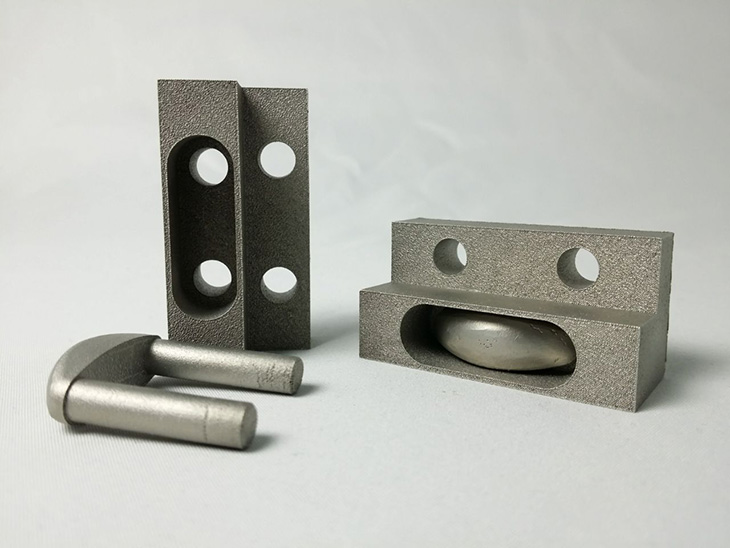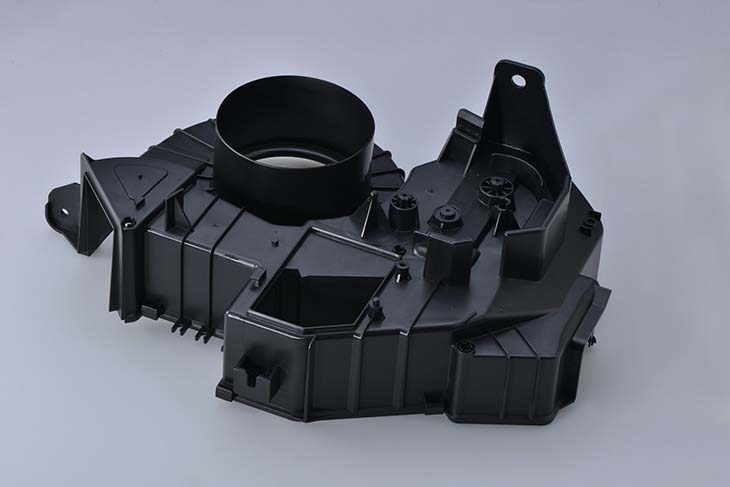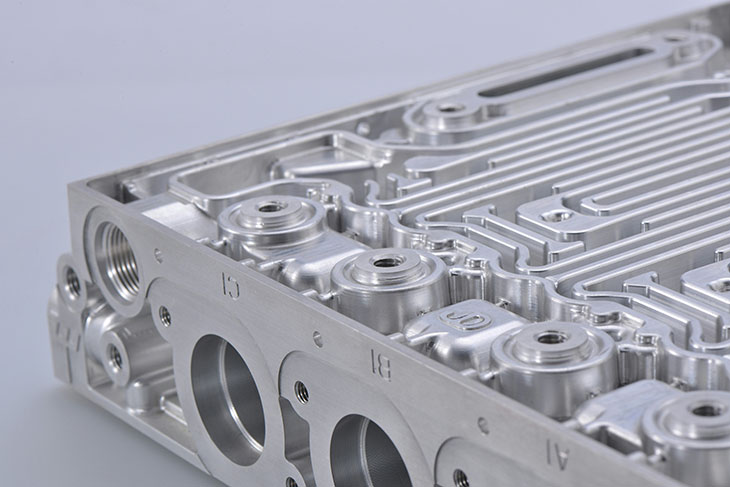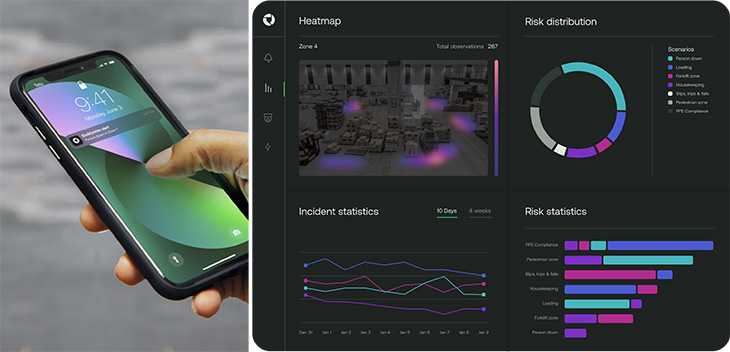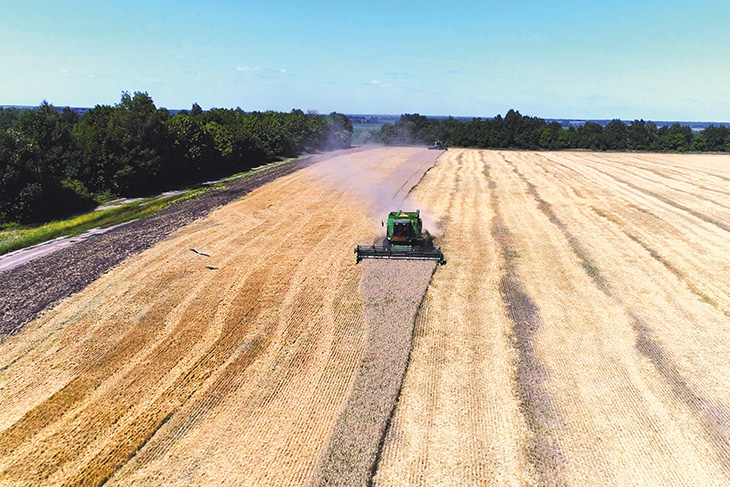Extensis® and horseshoe molding solutions for elastomeric seals required for large equipment
Lansdale PA – Greene Tweed, a leading global manufacturer of high-performance sealing solutions and engineered components, announces its manufacturing solutions for large-diameter o-ring seals.
These seals are produced using either the Extensis® molded o-ring or horseshoe molding methods. Both techniques are ideal for manufacturing elastomeric seals that exceed the size limitations of conventional compression molding presses.
The Extensis® method provides a superior joint by bonding partially cured extrudate segments with a proprietary curing agent that is compositionally similar to the base material. The o-ring is then post-cured, de-flashed, and buffed as required, similar to the traditional compression molding process. The Extensis® method can be used for o-rings with a minimum inner diameter limit of 42 inches; there is no limit to the maximum inner diameter.
Greene Tweed’s horseshoe molding process, used in high-pressure, vacuum, dynamic, or other extreme applications, is ideal for critical equipment where asset integrity is paramount, such as compressors used in the oil & gas industry. The horseshoe molding process is consistent with that of typical compression molded o-rings and produces a truly homogenous joint with the highest performance. The process can be used for o-ring seals with a 28-inch minimum inner diameter limit, and no limit to the maximum inner diameter.
Greene Tweed performs extensive dimensional and visual inspection for large o-rings using standard measurement tools, best-in-class optical non-contact measurement systems and ISO 3601-3 criteria. Upon customer request, additional quality assurance criteria can be accommodated, such as 100-percent inspection or ISO 10423 destructive testing for high magnification crack verification.
For more information about capabilities and elastomer compounds available, see https://www.gtweed.com/wp-content/uploads/2020/10/large-diameter-o-ring-gt-pb.pdf













